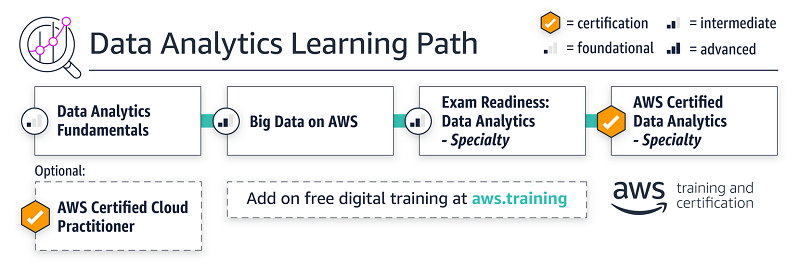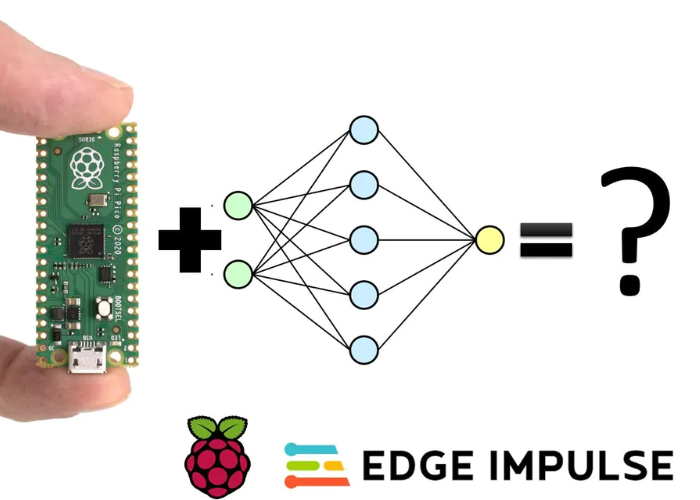
You might have heard of quantum gaming. What exactly is it? Here are some basic terms that you will encounter in this field, such as nonlocality and quantum chess. These terms and basic guidelines will also help you develop a game engine. So you can start enjoying the thrill of quantum gaming. Find out more about these thrilling new games. To keep up-to-date with the latest quantum developments, subscribe to our mailing list.
Quantum chess
Quantum chess gaming is where the pieces are placed in a quantum superposition between classical and quantified states. There is equal chance of them collapsing back to their classical state. As each player has one, the exception is the king. The quantum state is known for the king, but the player can check it. In this situation, the pawn moves to the far row. It may then be promoted as a rook (or bishop) or knight.

Quantum physics engine
The nascent world of quantum computing promises to solve problems that are impossible to solve using today's computer processors. The process relies on the mathematics of tiny particles, which is a far cry from the binary system we use today. Currently, quantum games can only be played by flipping a coin, but one day they may feature weird weapons and procedurally generated levels. This physics engine could also help to create artificial intelligence.
Random number generation
While the term "random", in quantum gaming, is not used, it is frequently used to refer to the game of chance. Quantum mechanics predicts a vacuum will contain particles. Vacuum noise is also known as this. This is how the new term, "quantum RNG", was created. A new RNG is being developed to generate random numbers that are both secure and unpredictable. This new RNG is the first step in commercializing such technology.
Nonlocality
While quantum gaming may have a large number of applications, the most intriguing aspect of quantum mechanics is the role of nonlocality in information processing. Nonlocality, which allows players to share a game expression in two parts, allows them to collaborate while still maintaining their independence. Nonlocality allows for the creation of new games by using the idea of a shared quantum status. Games involving telepathy are especially beneficial because each player can see the other's state.

Game
You need to be aware of some key details when it comes down to the gameplay. It is important to remember how many dice will be needed for each action. There are two types to this game's dice: gambit or command cards. A planet can only have one quantum cube. You must first destroy the planet in order to obtain a quantum-cube from it. An alternative way to destroy an enemy vessel is to increase the research die.
FAQ
What is the status of the AI industry?
The AI industry is growing at a remarkable rate. It's estimated that by 2020 there will be over 50 billion devices connected to the internet. This means that all of us will have access to AI technology via our smartphones, tablets, laptops, and laptops.
Businesses will need to change to keep their competitive edge. If they don't, they risk losing customers to companies that do.
You need to ask yourself, what business model would you use in order to capitalize on these opportunities? What if people uploaded their data to a platform and were able to connect with other users? Perhaps you could also offer services such a voice recognition or image recognition.
Whatever you decide to do in life, you should think carefully about how it could affect your competitive position. Although you might not always win, if you are smart and continue to innovate, you could win big!
Is Alexa an artificial intelligence?
Yes. But not quite yet.
Amazon created Alexa, a cloud based voice service. It allows users interact with devices by speaking.
The Echo smart speaker was the first to release Alexa's technology. Other companies have since created their own versions with similar technology.
These include Google Home, Apple Siri and Microsoft Cortana.
What's the future for AI?
Artificial intelligence (AI), which is the future of artificial intelligence, does not rely on building machines smarter than humans. It focuses instead on creating systems that learn and improve from experience.
We need machines that can learn.
This would require algorithms that can be used to teach each other via example.
Also, we should consider designing our own learning algorithms.
You must ensure they can adapt to any situation.
Is AI the only technology that is capable of competing with it?
Yes, but this is still not the case. There have been many technologies developed to solve specific problems. However, none of them match AI's speed and accuracy.
How does AI work
Understanding the basics of computing is essential to understand how AI works.
Computers store information in memory. Computers use code to process information. The computer's next step is determined by the code.
An algorithm is a set or instructions that tells the computer how to accomplish a task. These algorithms are usually written as code.
An algorithm can be considered a recipe. An algorithm can contain steps and ingredients. Each step is a different instruction. For example, one instruction might say "add water to the pot" while another says "heat the pot until boiling."
Statistics
- A 2021 Pew Research survey revealed that 37 percent of respondents who are more concerned than excited about AI had concerns including job loss, privacy, and AI's potential to “surpass human skills.” (builtin.com)
- Additionally, keeping in mind the current crisis, the AI is designed in a manner where it reduces the carbon footprint by 20-40%. (analyticsinsight.net)
- More than 70 percent of users claim they book trips on their phones, review travel tips, and research local landmarks and restaurants. (builtin.com)
- The company's AI team trained an image recognition model to 85 percent accuracy using billions of public Instagram photos tagged with hashtags. (builtin.com)
- While all of it is still what seems like a far way off, the future of this technology presents a Catch-22, able to solve the world's problems and likely to power all the A.I. systems on earth, but also incredibly dangerous in the wrong hands. (forbes.com)
External Links
How To
How to create Google Home
Google Home, a digital assistant powered with artificial intelligence, is called Google Home. It uses natural language processing and sophisticated algorithms to answer your questions. Google Assistant can do all of this: set reminders, search the web and create timers.
Google Home works seamlessly with Android phones or iPhones. It allows you to access your Google Account directly from your mobile device. By connecting an iPhone or iPad to a Google Home over WiFi, you can take advantage of features like Apple Pay, Siri Shortcuts, and third-party apps that are optimized for Google Home.
Google Home is like every other Google product. It comes with many useful functions. It will also learn your routines, and it will remember what to do. It doesn't need to be told how to change the temperature, turn on lights, or play music when you wake up. Instead, you can say "Hey Google" to let it know what your needs are.
Follow these steps to set up Google Home:
-
Turn on Google Home.
-
Hold the Action button in your Google Home.
-
The Setup Wizard appears.
-
Select Continue
-
Enter your email address.
-
Register Now
-
Google Home is now available